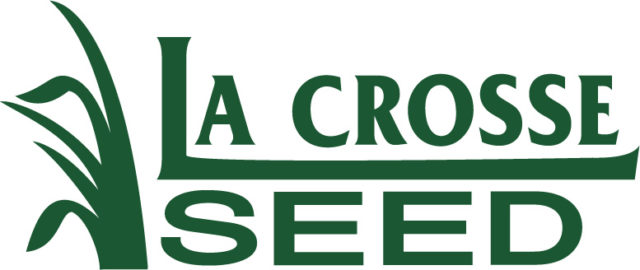Several news articles in August cited veterans moving to farms. In Kenton, Ohio, Army retiree Shane Wood raises cattle, soybeans and wheat on 70 acres. He told Cincinnati.com that it helps him deal with anxiety and stress left over from his service.
Mike Simester raises apple and peach trees, vegetables and chickens on a 10-acre farm in Iowa. Injuries from his service and a motorcycle accident made operating his tractor difficult, so the Easter Seals of Iowa and the Veterans Affairs Department helped him find a new one with hand controls and a modified seat, according to the Des Moines Register.
These veteran farmers have the option to use the "Homegrown by Heroes" label on their produce, as part of a program administered by the Farmer Veteran Coalition (FVC). FVC connects veteran farmers with resources, and is growing rapidly. It had eight members in 2008, and more than 200 in 2013. Their December 2013 workshop in Des Moines, Iowa, attracted 80 veterans, four times the expected number.
The 2014 farm bill made accommodations for veterans in many programs. The most significant change is that veterans are now included in the USDA Beginning Farmers and Ranchers in Agriculture program.
The USDA Farm Service Agency microloan program now exempts veteran farmers from the term limits on direct operating loans and limits their operating loan interest rate.
The farm bill also funded the Transition Incentive Program, which grants additional Conservation Reserve Program payments to land owners who lease or sell the land to a veteran farmer.
Additionally, veteran farmers receive priority under the Environmental Quality Incentives Program, the Conservation Stewardship Program, the Value-Added Development Grant Program and the Beginning Farmer and Rancher Development Grant Program.
The bill defines a veteran farmer as a farmer who served in the Army, Navy, Air Force, Marines or Coast Guard, was active duty or reserve, received a discharge other than dishonorable and has been operating their first farm or ranch for fewer than 10 years. FG
—Summarized by Progressive Forage Grower staff from cited sources









